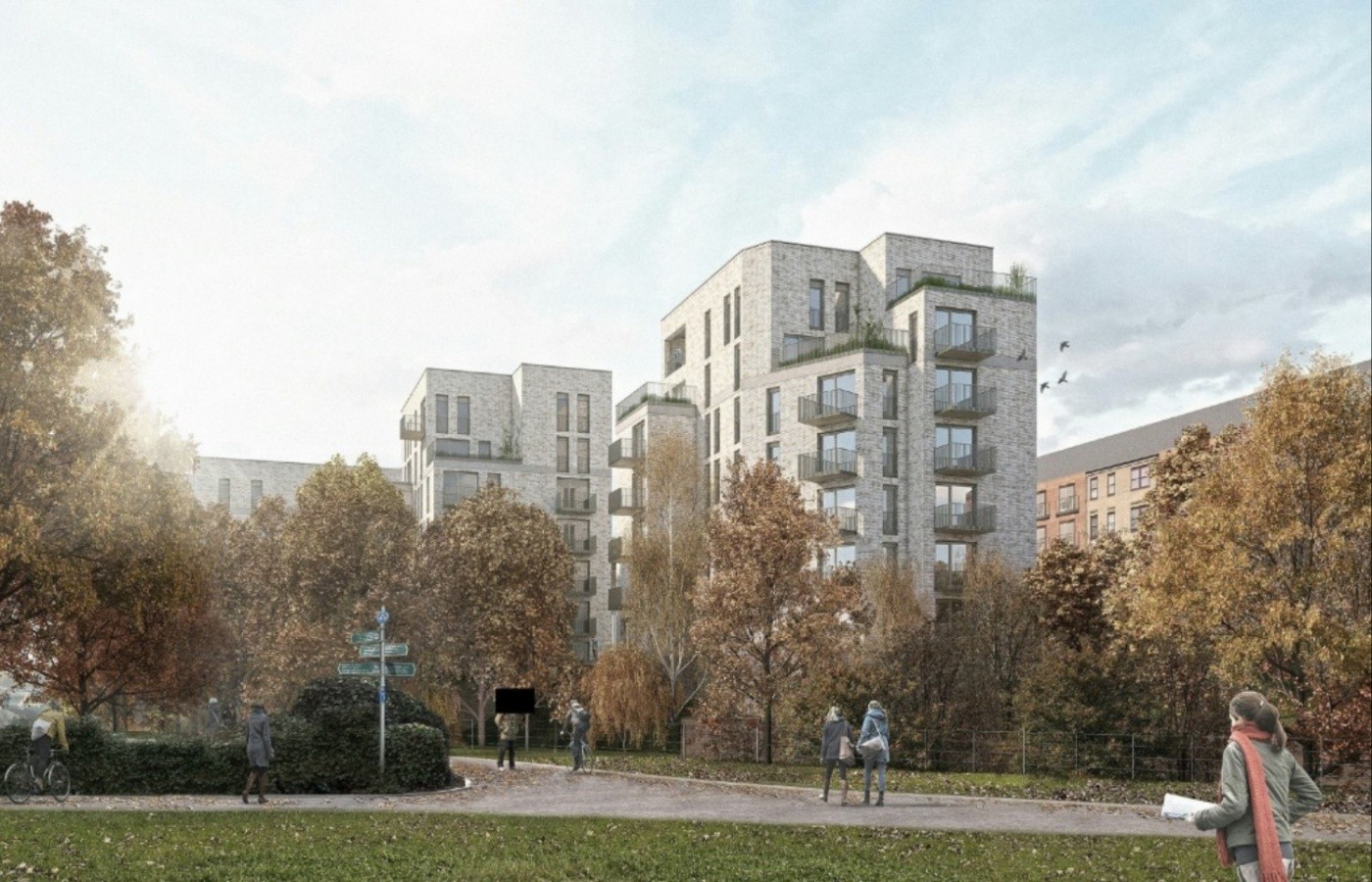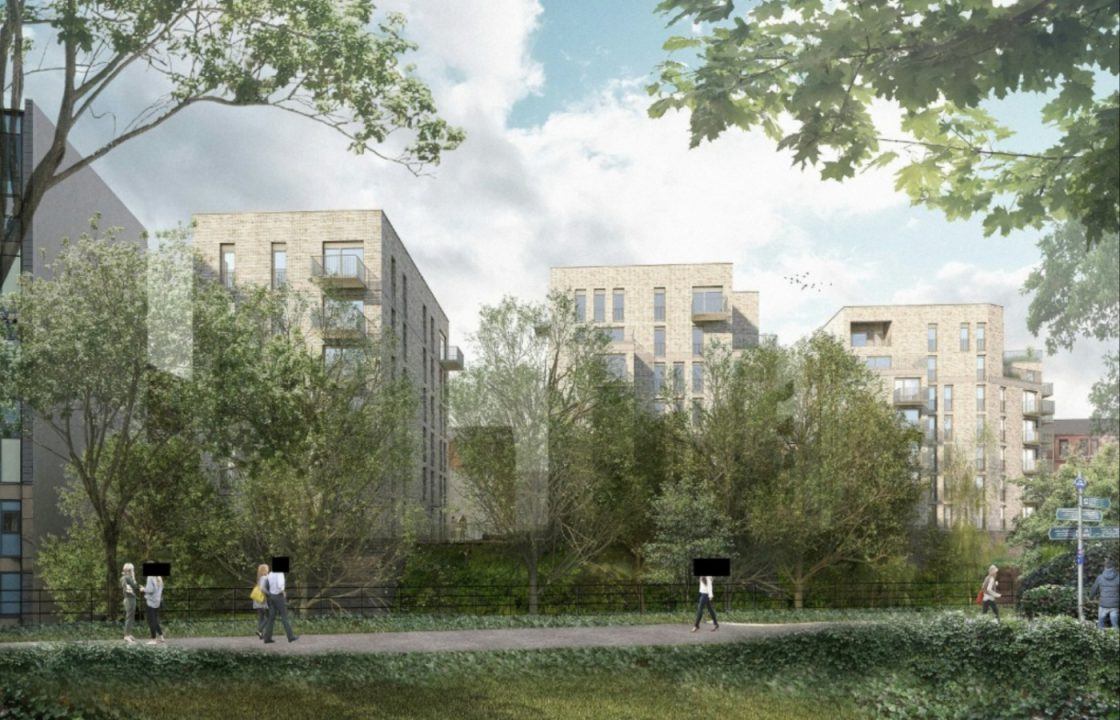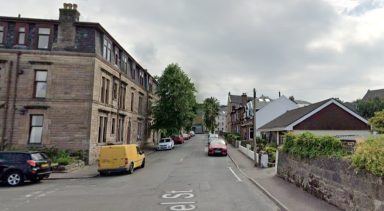A controversial plan to build 49 flats beside the River Kelvin at Otago Lane has been approved following an appeal — despite over 750 objections.
Queensberry Properties has secured permission to develop land off Otago Street, but there are community fears over the impact of three blocks of flats, two of which will be seven-storey, on daylight.
They also have concerns over loss of privacy and greenspace as well as access for residents, refuse lorries and emergency vehicles.
But, following a hearing on Tuesday, councillors on Glasgow’s planning review committee voted six to three in favour of approving the project.
Cllr Ken Andrew, SNP, who chaired the committee, said: “It’s a pretty shabby site and has been in poor condition for some years. It was a brownfield site, it was the site of a bakery. We are looking to develop brownfield sites.”
 LDRS
LDRSHe had some concerns about the “density” of the development but added the city needs more housing and “we are in an urban environment”.
Bailie Thomas Kerr, Conservative, said: “It is very clear that the city is facing a housing crisis and we need places for people to stay.”
He added the Otago Lane site was “a perfect place” to build and the plan would enhance the area “dramatically”.
Cllr Eva Bolander, SNP, said the proposed buildings were “out of scale” and parking spaces for business should have been guaranteed.
Planners had rejected the scheme in November 2021 as they believed the flats would “unacceptably impede daylight” to neighbouring properties” and “adversely impact upon the privacy of existing and proposed residents”.
They also had issues with the location of refuse storage and pedestrian safety as “the proposed development would give rise to conflict between service vehicles and pedestrians”.
However, the developers argued their plans would provide “high quality new homes on a sustainable brownfield site”. They already had permission for four townhouses and 45 flats on the site, which they said “could be implemented at any time”.
Queensberry Properties said the updated plan had “clear benefits” over the consented development, including a “green corridor” along the banks of the Kelvin and public access to the river.
They said daylight analysis had shown the reduction is “within an acceptable threshold” and said refuse arrangements had been altered and approved by the council’s cleansing department.
Seven-storey buildings had “already been established through the extant permission”, the developers said, adding the scheme would allow more pedestrian access while a “turning head” will be provided to support deliveries to businesses in the lane.
Hillhead Community Council said the developers had “not made a valid or convincing case for reversal of the officer’s decision to refuse the application”.
It added: “The proposals must not be permitted in any way, or at any time, to risk the continuation of the businesses on the Otago Lane shopping area, putting at risk 30 jobs.”
Mark Wilson, a neighbour, argued there would be a “significant loss of daylight to many of the existing properties in Otago Street and Otago Lane”.
And Otago Lane Conservation Trust said the “proposed development and construction period would cause major disruption to the businesses on Otago Lane”.
The appeal initially went before the council’s review committee in September last year and was continued for a site visit. A second meeting was held in March, but a decision was delayed again as legal issues related to the management of bin storage needed to be clarified.
Follow STV News on WhatsApp
Scan the QR code on your mobile device for all the latest news from around the country


 LDRS
LDRS




















